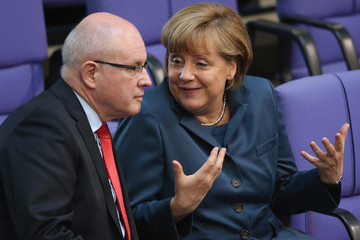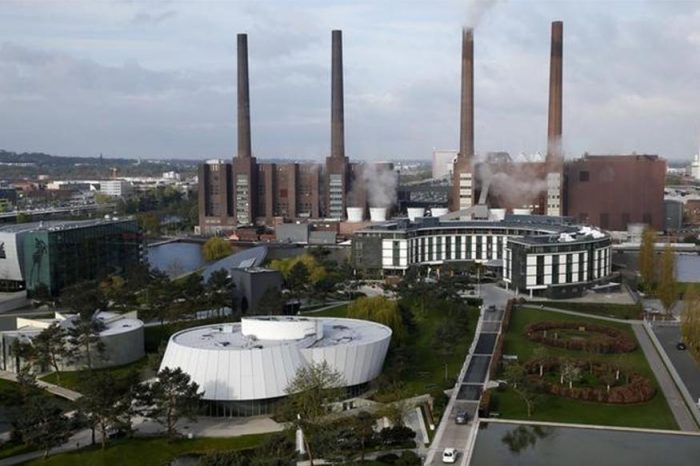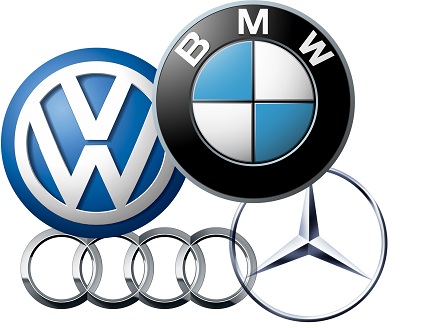Now Reading: Germany looks forward to 1 million electric car charging points by 2030
-
01
Germany looks forward to 1 million electric car charging points by 2030
Germany looks forward to 1 million electric car charging points by 2030

Germany should have one million electric car charging stations by 2030, Chancellor Angela Merkel stated in a video message on Sunday, ahead of meetings with the car industry regarding the move to low-emission battery-powered vehicles.
“For this purpose, we want to create a million charging points by the year 2030 and the industry will have to take part in this effort, that is what we will be talking about,” Merkel stated. Germany now has only 20,000 public charging points.
Stephan Weil, the prime minister in Lower Saxony, where Volkswagen is based, stated he wanted the nation to have 100,000 public charging points in place by 2021.
Weil is a supervisory board member at Volkswagen and it is committed to transitioning to battery-powered cars but requires to see more charging infrastructure in order to market them successfully.
The meeting in the Chancellery is the second on the issue that entails speedy action so that the country’s transport sector can help meet national emissions targets.
Would-be buyers have mentioned a lack of fuel infrastructure as a cause to avoid electric cars.
Except for electric alternatives to gasoline and diesel-driven cars, the government is also going to explore those run on hydrogen fuel cells, with the government and the industry sharing the cost of subsidies to attract purchasers for both.
Merkel stated the government intended to preserve jobs making cars and parts. It is becoming clear that fewer employees are required to construct electric cars than standard ones.
Weil said Berlin should make the provisions to fund compensation easier for short-time working, should the sector become overstaffed.
He also stated rental and property sector legislation required to be simplified to make the way for more public and home charging points.
“An extremely demanding time lies ahead for the German automotive industry that must be accompanied frequently by policymakers,” he stated.
Stay Informed With the Latest & Most Important News
Previous Post
Next Post
-
 01Polestar Boss Says It’s Time To Outrun BMW M And Mercedes-AMG
01Polestar Boss Says It’s Time To Outrun BMW M And Mercedes-AMG -
 02Spy Shots: 2027 Mitsubishi Pajero Spotted in Testing Ahead of Possible U.S. Return
02Spy Shots: 2027 Mitsubishi Pajero Spotted in Testing Ahead of Possible U.S. Return -
 032026 Toyota Hilux EV: A Powerful Truck with Silent Torque
032026 Toyota Hilux EV: A Powerful Truck with Silent Torque -
![2027 Mercedes-Benz S-Class Debuts with V8 Engine [Photo Gallery]](https://speedlux.com/wp-content/uploads/2026/01/2027-Mercedes-Benz-S-Class-33-155x125.jpg) 042027 Mercedes-Benz S-Class Debuts with V8 Engine [Photo Gallery]
042027 Mercedes-Benz S-Class Debuts with V8 Engine [Photo Gallery] -
 052026 Corvette ZR1 Production Surges Past Expectations as Output Clears 1,000 Units
052026 Corvette ZR1 Production Surges Past Expectations as Output Clears 1,000 Units -
 06Spy Photos: VW ID. Polo GTI Goes Electric with 223 HP and 280 Miles of Range
06Spy Photos: VW ID. Polo GTI Goes Electric with 223 HP and 280 Miles of Range -
 07Hyundai Palisade’s Breakout Year Shows How Quickly the Market Can Turn
07Hyundai Palisade’s Breakout Year Shows How Quickly the Market Can Turn



![2027 Mercedes-Benz S-Class Debuts with V8 Engine [Photo Gallery]](https://speedlux.com/wp-content/uploads/2026/01/2027-Mercedes-Benz-S-Class-33-700x394.jpg)











































